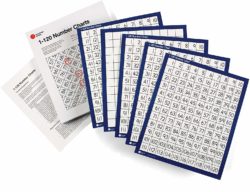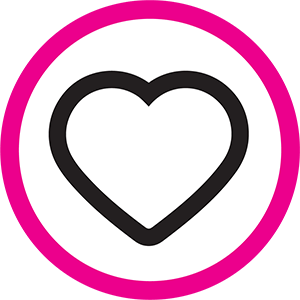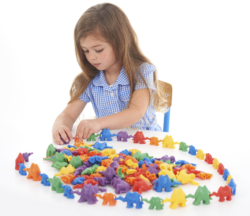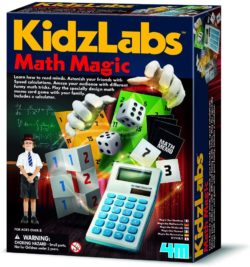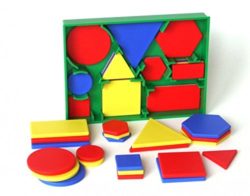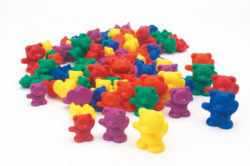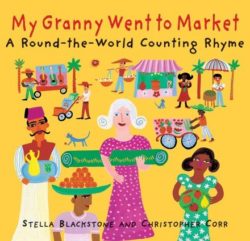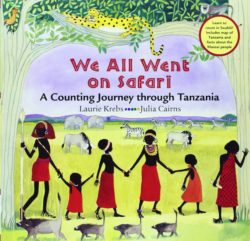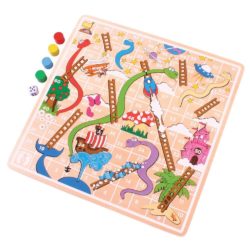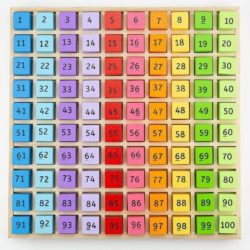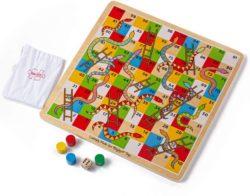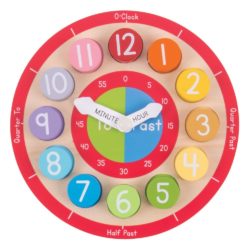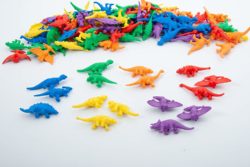No products in the cart.
Numeracy Toys
Counting and Sorting
Discover counting toys and number toys.
FILTER
Age
- 1
- 2
- 3
- 4
- 5
- 6
- 7
- 8
- 9
- 10
- 11
- 12+
Product Type
- Accessories
- Arts & Crafts
- Books
- Flashcards & Wipe-Clean
- Games
- Jigsaws & Puzzles
- Learning Resources
- Toys
Stage
- Babies
- Early Years
- Primary KS1
- Primary KS2
- Toddlers
Skill
- Communication Skills
- Creativity
- Discovering the World
- Fine Motor Skills
- Health & Self-care
- Imagination
- Independent Learning
- Languages
- Listening
- Literacy
- Managing Feelings
- Mathematical Skills
- Memory
- Mindfulness
- Observational Skills
- Physical Development
- Problem Solving
- Reading
- Scientific Skills
- Self-assessment
- Self-confidence
- Social Skills
- Speaking
- Thinking Skills
- Understanding
- Writing
Areas of Learning
- Arts and Design
- Communication & Language
- Literacy
- Mathematics
- Personal, Social & Emotional Development
- Physical Development & Fine Motor Skills
- Understanding the World
Subject
- Arts and Design
- Design & Technology (DT)
- English
- Geography
- History
- ICT
- Languages (MFL)
- Mathematics
- Physical Education (PE)
- Science
Languages
- Arabic
- Bilingual
- English
- French
- German
- Mandarin Chinese
- Polish
- Russian
- Spanish
- Welsh
Brand
- 25th Century Games
- 4M
- Abrams Books
- Action Phase Games
- Alderac Entertainment Group
- Alley Cat Games
- Amazing Tales
- Andersen Press
- Andrew Brodie Publications
- Arcane Tinmen
- Arcane Wonders
- Ares Games
- Asmodee Editions
- Atlas Games
- Atomic Mass Games
- Awaken Realms
- b small publishing
- Baby Einstein
- Bandai
- Barefoot Books
- Barrington Stoke
- Battlefront Miniatures
- Beehive Toys
- Bezier Games
- Bezzerwizzer
- Big G Creative
- Big Sky Games
- BigJigs Toys
- Blackrock Editions
- Bloomsbury
- Blue Cocker Games
- Blue Orange
- Board And Dice
- Board Game Hub
- Bombyx
- Boxer Books
- BrainBox
- Brother Wize Games
- Bushiroad
- Buster Books
- Cambridge Brainbox
- Candylab
- Capstone Games
- Catan Studios
- Cephalofair Games
- Cheapass Games
- Chessex
- Chronicle Books
- Cicada
- Cool Mini Or Not Inc
- Curiscope
- CWR
- Dantoy
- Didicar
- DK
- DT
- EDU-QI
- EDUPLAY
- Edx Education
- Egmont
- Emaan Productions
- Faber & Faber
- Fat Brain Toys
- Fine Feather Press
- Flying Eye
- Galison Mudpuppy
- Galt Toys
- Gamelyn Games
- Gamewright
- Gecko Press
- GeoSmart
- Gigamic
- GoGo
- Gowi Toys
- Graffeg
- Great Gizmos
- Green Toys
- HABA
- Hape
- Happy Cube
- Hinkler Books
- Horrible Games
- Ivy Kids
- Jar Meló
- Klutz
- Knowledge Builder
- Kumon Publishing
- Lanka Kade
- LeapFrog
- Learning Resources
- Lerner
- Letterland
- Lexie Mouse Publishing
- Lincoln Children's Books
- Little Island
- Little Tiger
- Little Wise Toys
- LOM Art
- Lonely Planet
- Lottie
- Mad Mattr
- Magic Cat
- Make It Real
- Mary Meyer
- masterkidz
- Melissa & Doug
- Michael O'Mara
- MindWare
- Mobilo
- MOLUK
- Moondance Press
- Morphun
- nanoblock
- Nebulous Stars
- Nosy Crow
- Orchard Toys
- Otter-Barry Books
- Page Street Publishing
- Paul Lamond
- Pavilion
- Petit Collage
- Plan Toys
- Playcolor
- Playmobil
- Poptacular
- Primo
- Princeton Architectural Press
- QED
- Quercetti
- Raintree
- Renegade Game Studio
- Rubbabu
- Rubik's
- Santoys
- Sassi
- Scallywag
- Schofield & Sims
- Scholastic
- Scrunch
- Shade 7 Publishing
- Shaw Magnets
- Skillmatics
- Skip Hop
- Smart Games
- Smartivity
- SmartMax
- Sourcebooks
- Storey Publishing
- Tactic
- Tate Publishing
- The Green Board Games Co
- The Puppet Company
- TickIT
- Tidlo
- Top Class
- Twirl Publishing
- Usborne
- Verdes Innovations
- Viga
- Walker Books
- Welbeck
- What on Earth
- Wide Eyed Editions
- Wilberry
- Wiz Kids LLC
- words & pictures
- WordUnited
- Workman Publishing
- Yoyo Books
- Z-Man
- ZooBooKoo
Stock status
- In Stock
- Out of Stock
Showing 1–12 of 246 results



 01782 698558
01782 698558


